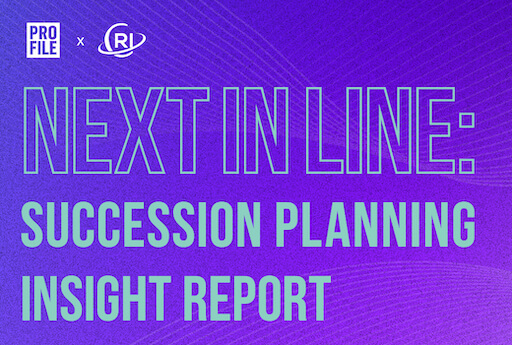|
Getting your Trinity Audio player ready...
|
It’s no surprise that today’s customers have high expectations when it comes to product quality. And companies have high expectations as well—product quality is incredibly important to an organization’s ability to differentiate itself and compete. But if those expectations aren’t met—if there’s a disconnect between customers’ expectations and how the product actually functions—customers can become frustrated. They might go to a competitor, or they might simply give up on the product altogether.
It is critical for organizations to remember that what you can’t measure, you can’t improve. Fortunately, in today’s environment, there is an opportunity to utilize data collected from users to address quality in a way that wasn’t possible even a few years ago.
The most significant piece of data for organizations to consider is the voice of the customer. This data is the single most important source of truth when it comes to product quality, and it comes complete with actionable insights and precise information about what users are saying about your product’s performance, features, and capabilities.
This data is live streaming every day in massive quantities—but for a variety of different reasons, it’s probably not streaming through your company’s tech stack. That can’t keep happening.
The Status Quo
There are many reasons why companies aren’t collecting and analyzing customer feedback. One is the simple fact that most companies have to throw tremendous amounts of resources at building and maintaining their tech stacks—they have systems for auditing, for monitoring security, and for the performance of applications, microsystems, and larger infrastructure. Today’s tech teams spend much of their time providing these systems, as well as a myriad of other tools necessary to support their organization’s continued success.
Moreover, many individuals in technical roles simply aren’t familiar with gathering data related to the voice of the customer. And the tech teams that do collect data can easily feel bogged down by the amount of information they collect, or unsure about which data sources are most important to the product and business. In today’s tech environment, it seems like there are numbers attached to everything.
The Power of User Data
There is only one entity testing your product every day, and this entity sees it all—every update, in every language and configuration, and on every single platform and device.
This entity is your user base, and they’re telling you what is and what is not working in real time. Organizations everywhere have an opportunity to look at data from their users and use that information to identify quality issues, bugs, and errors. More than that, companies can use it to determine how they can provide the best experiences, products, and services, not just now but in the long term.
Put simply, feedback from end users is more than a goldmine of information. It’s a weapon that, when harvested, gives you a clear advantage over your competitors—new and old.
Through the Customer Looking Glass
Every day your organization is not deriving critical insights about your product is a lost opportunity. But deriving those insights—and taking the time to consistently measure and understand them—can be difficult.
One issue is the origin of user feedback. Information is everywhere in today’s world—it’s in App Store reviews, on Google Play, in customer support tickets in Zendesk, in incident response tickets in Jira, and in social media conversations on Twitter, Reddit, and Discord. This might seem like a lot. But together, these different platforms create a clear picture of what features your customers enjoy, what they find hard to use, and what bugs should be prioritized.
With this data, companies and teams can visualize—through the customer looking glass—how existing and new product features, app versions, operating systems, and more are impacting users across various regions. Your product, customer experience, marketing, and engineering teams can in turn use that visualization to prioritize product decisions and outline what to include in product road maps.
Companies that follow this process will reap all kinds of benefits, from increased star ratings to reduced churn. But that whole process starts with you—chief information officers (CIOs) and other tech leaders.
Being a good leader means knowing what data should inform your decision-making and how to use that information to your and your company’s advantage. User feedback data is clearly the data that tech leaders should be looking at: addressing the concerns of your user base enhances customer satisfaction, attracts new users, and drives new revenue streams. These are the same metrics that make or break companies—and their executives.
That is why I encourage CIOs—and all levels of technical talent—to empower their organizations’ tech stacks with user feedback data. In future, I hope we see more companies looking at the data that their customers are providing—and making actionable updates to retain customers and create the best user experience possible.
Christian Wiklund is cofounder and CEO of unitQ, an AI-enabled platform for user feedback designed to increase product quality. unitQ’s most recent investors are Accel and Gradient Ventures and the platform is used by companies such as Spotify, HelloFresh, Daily Pay, and PrizePicks. Previously, Christian founded Skout, a popular dating app backed by Andreessen Horowitz that was sold to the Meet Group in 2016. Christian and his cofounder, Nik Lindstrom, are on a mission to help companies take a data-driven approach to product quality and improve product experience.















